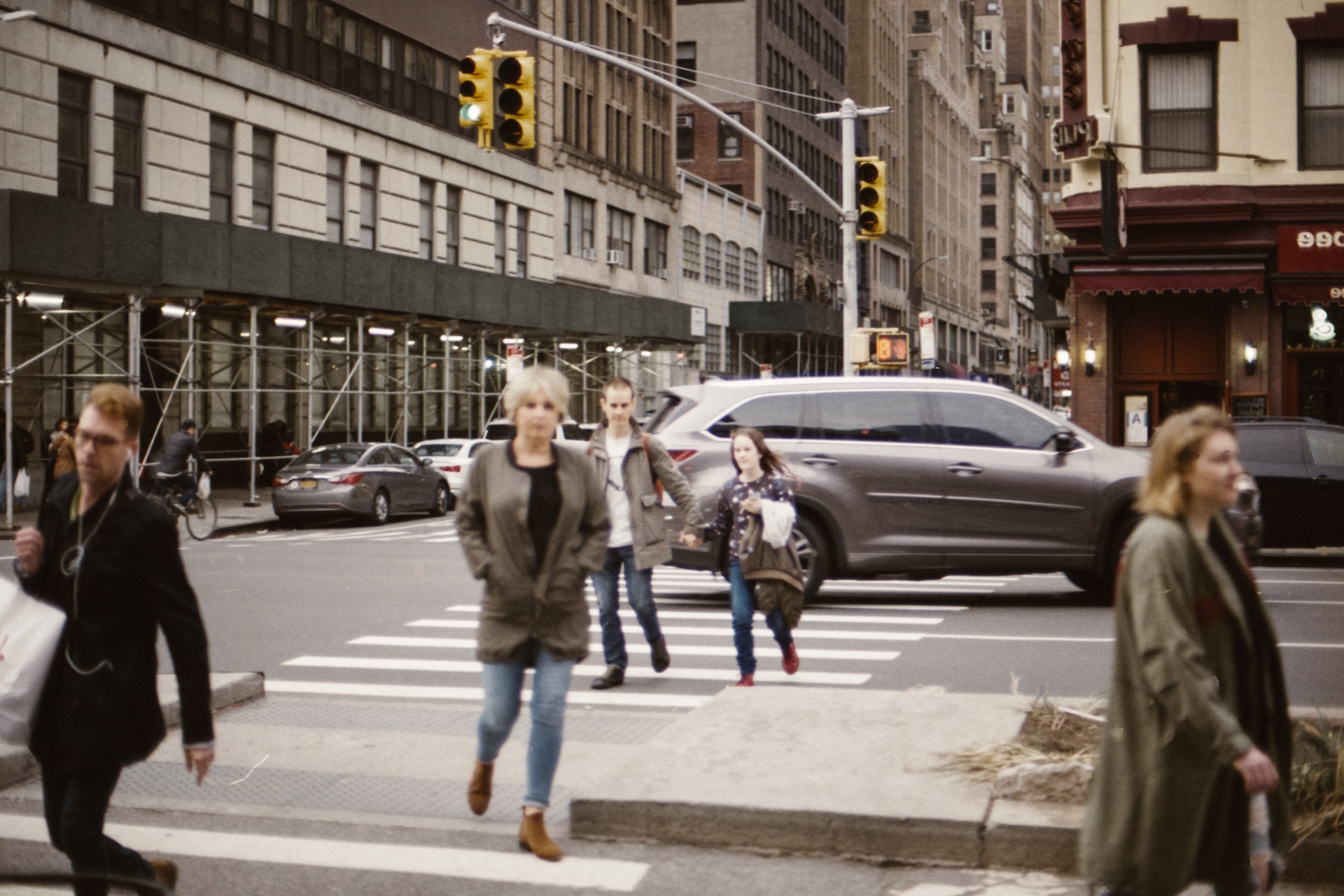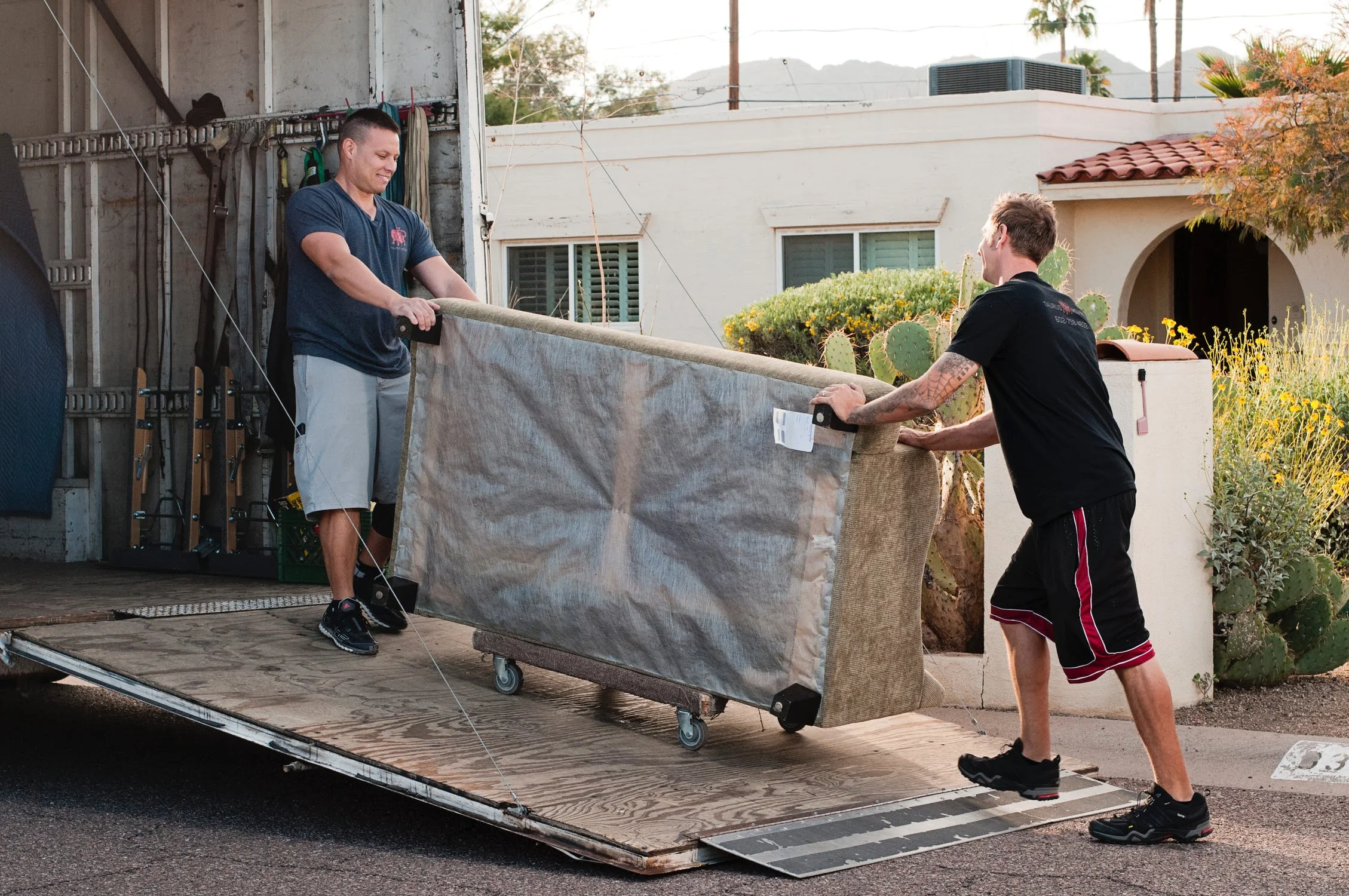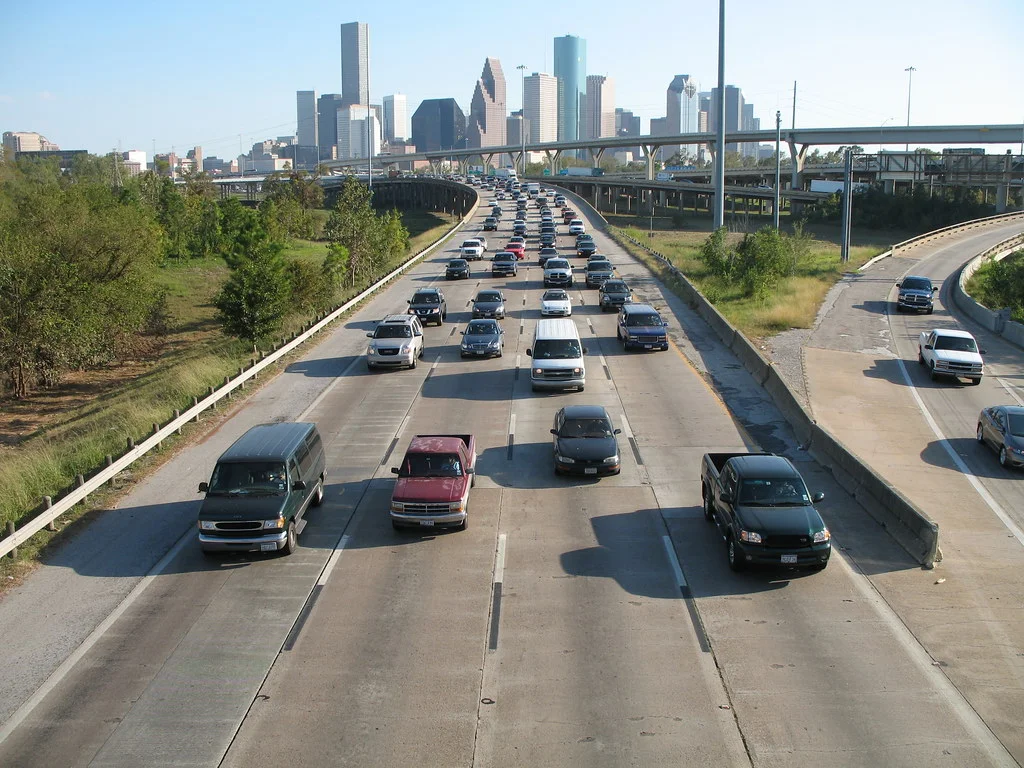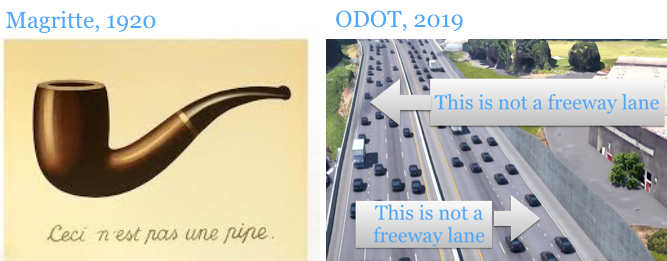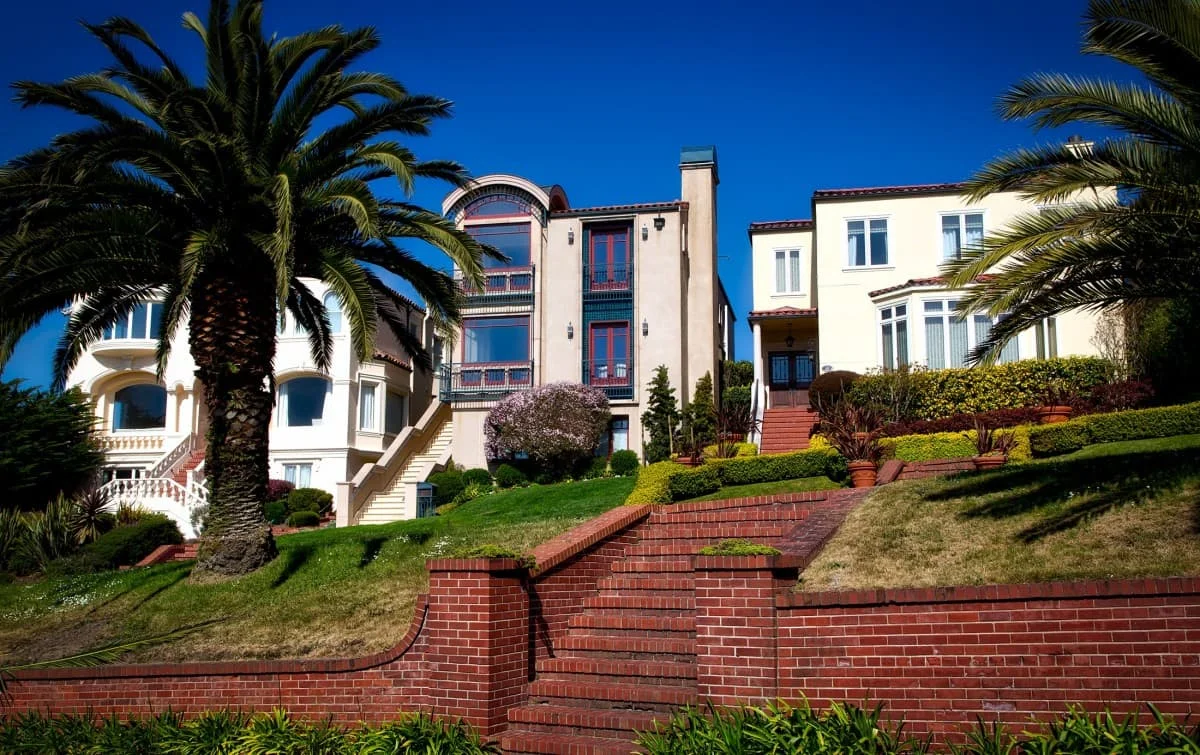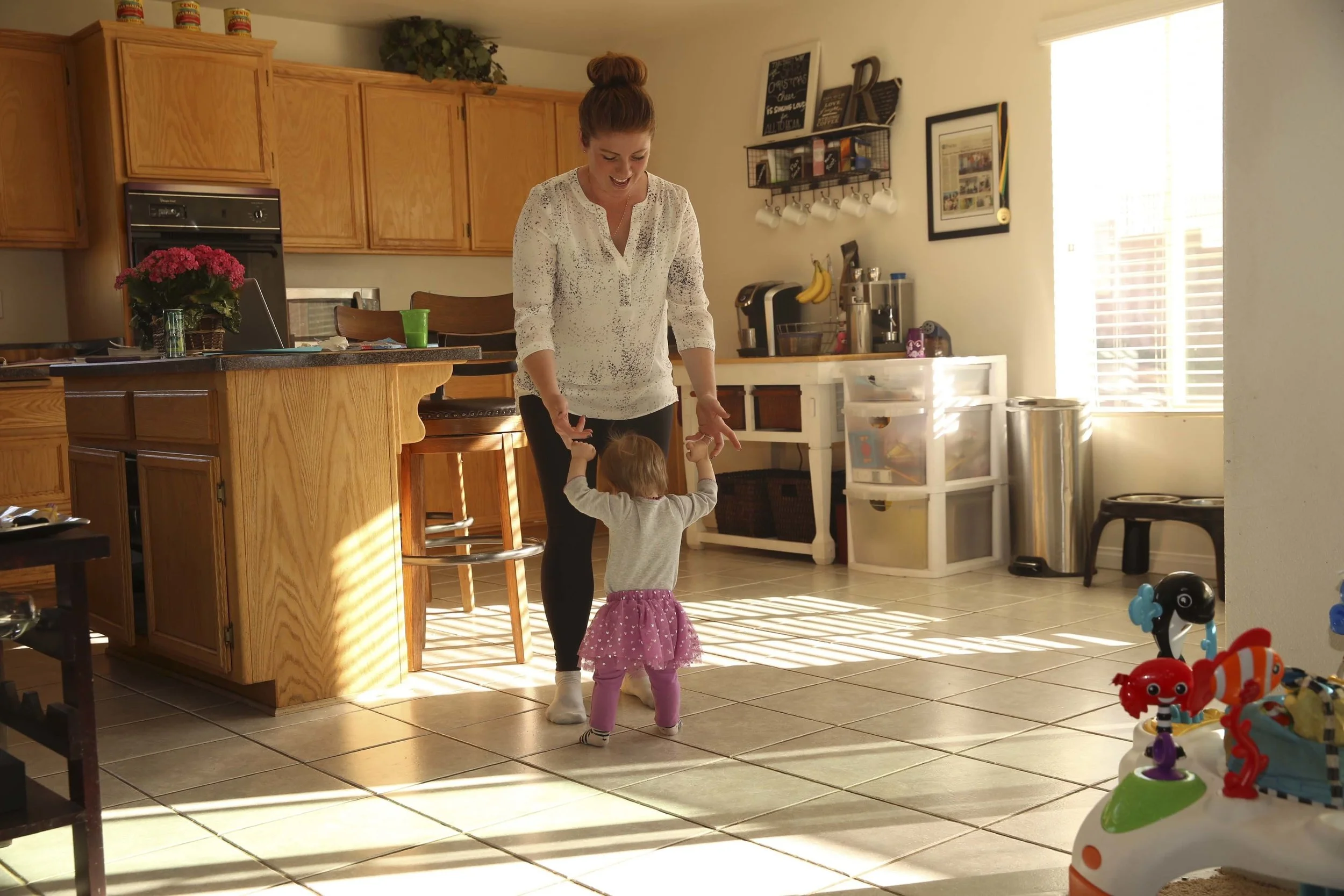Copenhagen’s famous biking culture—over 3 out of every 5 commutes are by bike—is lauded internationally as an achievement for the environment, public health, and—we’d add—fiscal sustainability alike. But they didn’t get there just by building bike lanes.
Read MoreThere’s a 30% chance your house will be worth less in five years. Homeownership is not the surefire investment vehicle it often gets advertised as.
Read MoreAnother spate of headlines suggest that rapid suburban growth means that Millennial homebuyers must prefer the greener pastures of suburbia to life in inner-city neighborhoods. Here’s why the real story is not that simple.
Read MoreU.S. drivers are killing 50 percent more pedestrians than a mere decade ago; meanwhile, European drivers are killing a third fewer. Why?
Read MoreWe tend to talk about neighborhoods in a static way: if they’re not rapidly, visibly transforming, we assume they’re not changing at all. A look at the data provides a helpful reminder that the places we live are actually changing all the time.
Read MoreYou might get more house for your money in an outer-ring suburb. But if you have to own and maintain multiple cars, are you better off? Common measures of housing affordability don’t include transportation costs, and so they fail to capture a realistic view of the true cost of living in certain places.
Read MoreOnce a year, Ben & Jerry’s gives away ice cream for free—and people line up around the block because the price is so low. There’s a lesson here about urban roads and congestion.
Read MoreWhen you want to widen an urban freeway, just call it an “improvement.” Who can be against improvement?
Read MoreIf you can’t justify your half-a-billion-dollar freeway widening project with the usual argument, why not try a different one: that it will reduce crashes? Unfortunately, there’s no evidence for this either.
Read MoreData shows Portland’s scooter experiment worked. Maybe it’s time to critically appraise the 110 year experiment with cars.
Read MoreEver heard road tolls described as punitive to lower-income commuters? Don’t decry them until we fix, or at least acknowledge, these ten other things that are even more inequitable about the way we pay for transportation.
Read MoreWhether at the neighborhood or metropolitan level, more job growth doesn’t seem to improve economic mobility. What does is social capital.
Read MoreAs technology becomes cheaper and more commonplace, it’s not driving us away from cities. Rather, it’s making the other attributes of place—especially human capital, social interaction and quality of life—more valuable.
Read MoreIt’s not just ride-hailed traffic that causes congestion; its all traffic. Singling out these app-based services for regulation takes transportation policy down a dead-end route.
Read MoreCharging electric scooter companies for their use of public space is sensible, but why stop there? What if car drivers were actually asked to pay the full costs they impose as well?
Read MoreA “war on cars” won’t win many hearts and minds. Let’s ask for responsibility instead.
Read MoreThe current climate of distrust and pushback against new development is a recipe for perpetual housing problems.
Read MoreIs the “dream” of homeownership really just a massive, intergenerational wealth transfer? Recently, that’s just how it has worked out.
Read MoreAttention freeway builders! Want to make up for dividing the community and destroying neighborhoods? How about replacing the homes you demolished?
Read MoreThe Dow Jones Industrial may be down, but the Dow of Cities is rising.
Read More



